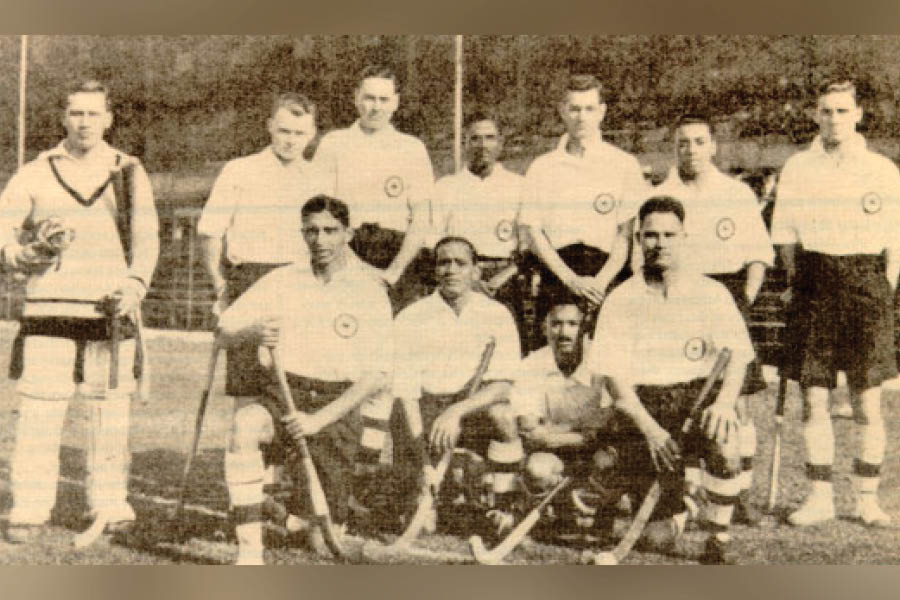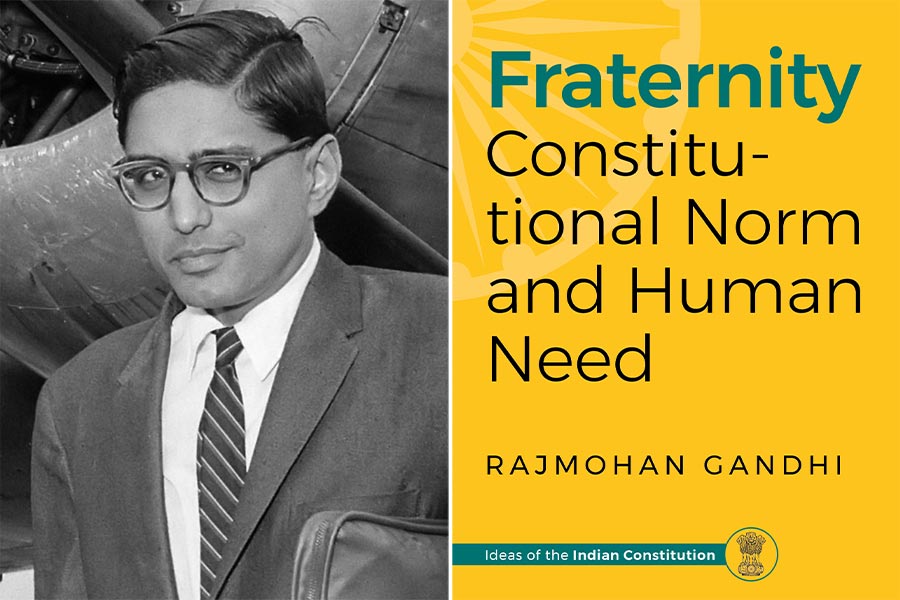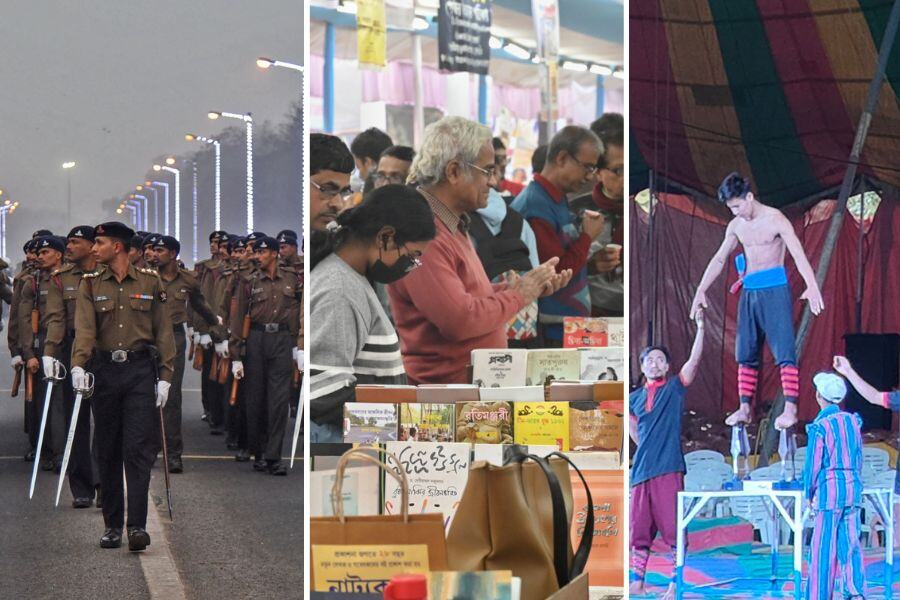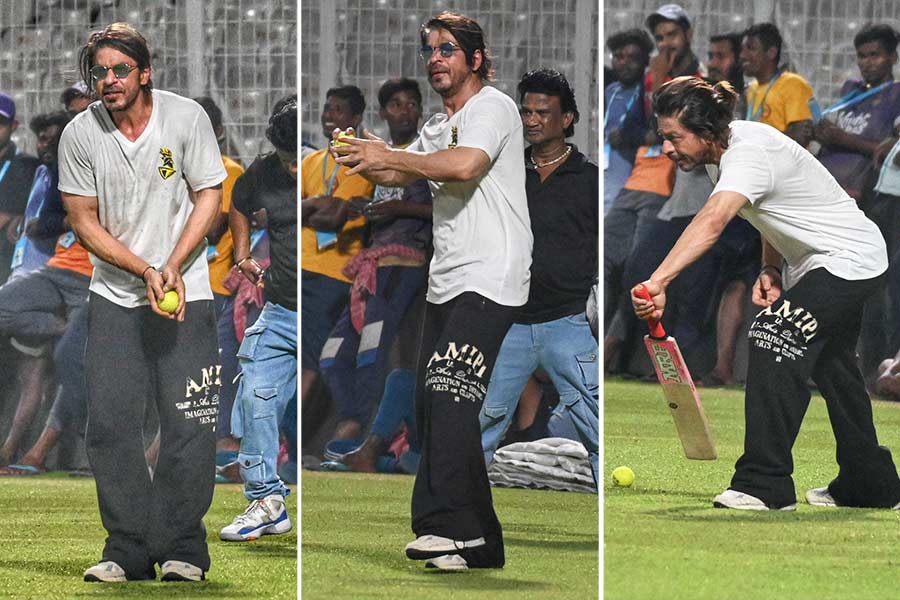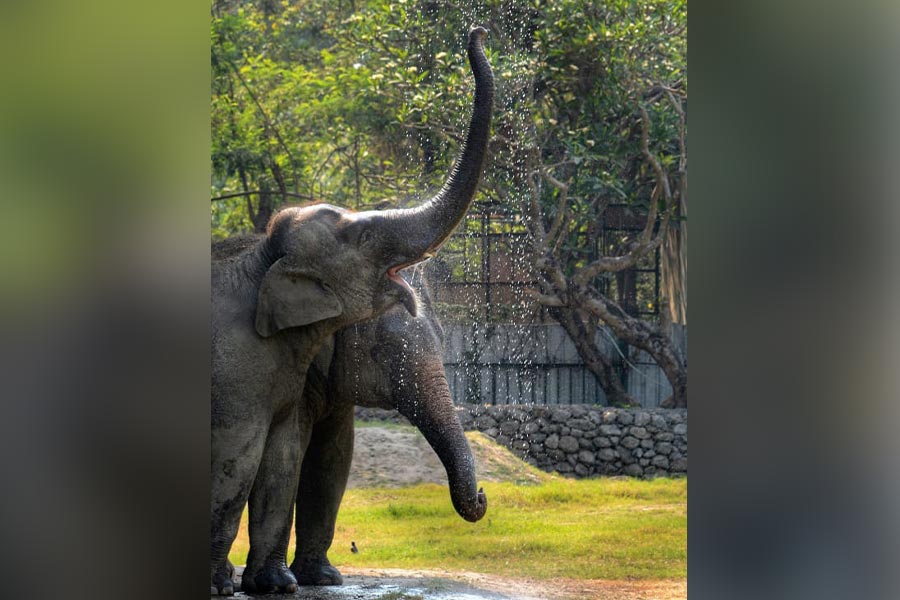On December 9, 1946, the Constituent Assembly of India was elected to frame the Constitution of an independent India. On January 26, 1950, the Indian Constitution came into effect as India turned officially from a Dominion of the British Crown into a ‘Republic’, ending the last vestiges of colonial rule. The day has since been celebrated as India’s Republic Day.
Today’s tale is about one of the most colourful and enigmatic members of the Constituent Assembly, a man who was chosen as Indian hockey team’s captain for their maiden Olympic appearance in 1928 and who set a record for never having lost an election in his life.
In 1928, Indian hockey team was scheduled to take part in the Olympic Games for the first time. Apart from the contingent set to sail out from India, three more – students in England – were selected to link-up with the squad. Among them was the young Nawab of Pataudi – Iftikhar Ali Khan, who didn’t make it to the final squad but made a hundred on Test debut for England and later captained the Indian cricket team. But a certainty to feature in the final squad was a young man by the name of Jaipal Singh Munda.
He was born as Pramod Pahan, in a Munda (tribal) family in Pahan Toli village of Khunti sub-division of Ranchi district in the then Bengal Presidency in the early years of the 20th century. His life had started as a cow-herd but thanks to some kindly missionary, he secured admission in St Paul’s School, Ranchi. It was here that Pahan got his new name and his life took a dramatic turn. He excelled in both academics as well as sports, especially hockey where his skills as a full-back left the teachers awe-struck.
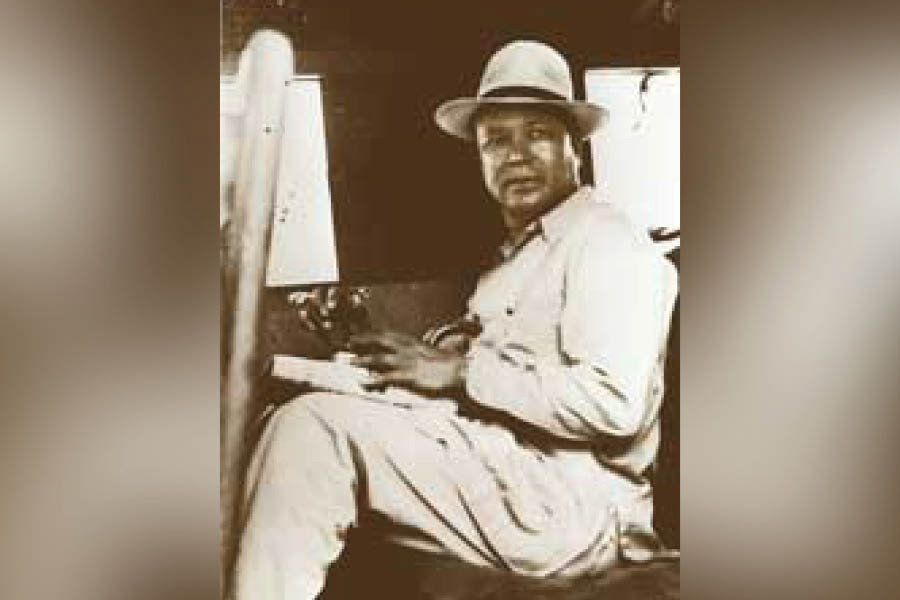
Jaipal Singh Munda helped establish Mohun Bagan club’s hockey team in 1929 and led them to several honours.
Wikimedia CommonsWhen the principal of St Paul’s retired and was going back to England, he asked Munda to accompany him. He joined St John’s College, Oxford University from where in time to come; he graduated with honours in economics. Soon, he made his way into the college hockey team where his skills became the talk of the town. Such was Munda’s prowess that he was selected into the Oxford University team without trial and he was also selected to represent the Wimbledon Hockey Club.
When plans were afoot for Indian hockey team to take part in the 1928 Amsterdam Olympics, Jaipal Munda, then studying for ICS probationary exam at Oxford, was the natural choice for captain. It was not just his playing skills and knowledge of conditions. For the preceding few years, Munda had been organising tours of India by college and university hockey teams. These tours were vital in eventual formation of the Indian Hockey Federation.
Unfortunately, just as he was bestowed the honor of leading the national side, Munda faced a serious obstacle. He was refused leave by the university. Undeterred, he went ahead and joined the team for a series of practice matches in Britain before travelling to Amsterdam. India made a grand start, registering sweeping wins in their first three matches. However, not all was okay behind the scenes. Before India’s last league match, Munda suddenly left the camp. He was absent in that match as well as the gold medal contest, missing out on a great honour.
It is not clear what went wrong, especially because Munda never spoke about it. It is possible that high-handed and racist attitude of British officials accompanying the team led to Munda’s drastic actions. Sadly, further setback awaited Munda. When he went back to join his classes, he was told to extend his probation by one year to compensate for his indiscipline. A furious Munda quit the course. Just like his dream of leading India to hockey gold, Munda’s ICS dreams were also cruelly over.
Although Munda never played for India again, he had a prolific club career, helping establish Mohun Bagan club’s hockey team in 1929 and leading them to several honours. He later served as the secretary of the Bengal Hockey Association.
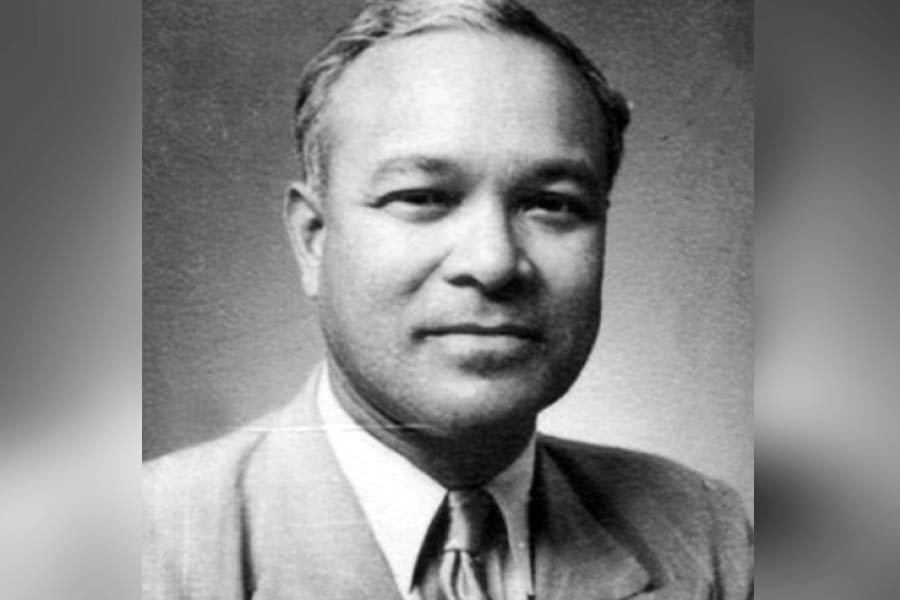
Munda contested parliamentary elections from Ranchi, winning five times in a row.
Wikimedia CommonsPrejudice, however, continued to haunt Munda in coming years. In the mid-1930s, he was appointed as the principal of a college in central India that only admitted scions of royal families. However, the kings and nawabs couldn’t accept a tribal man entrusted with this responsibility and Munda was forced to quit the post.
In the late-1930s, frustrated and angered by the indifference of mainstream political parties towards the cause of tribal communities, Munda decided to join active politics. In 1939, he founded the Adivasi Mahasabha. He travelled extensively, addressing rallies, and started a newspaper and magazine to highlight the plight of tribal communities. A gifted speaker, in 1946, he was elected as a member of the Constituent Assembly as a representative of tribal groups. He was a member of three different sub-committees in the Assembly and fought valiantly for protecting tribal interests in the Constitution.
After Independence, Adivasi Mahasabha was renamed to Jharkhand Party with an avowed aim of securing a separate homeland for tribal people of the region – a demand formally placed for the first time in 1955 to the State Reorganisations Committee. Munda contested parliamentary elections from Ranchi, winning five times in a row. He passed away in 1970 but his dream became a reality when the state of Jharkhand was officially formed on November 15, 2000.
Acknowledgement: Myths and Mysteries: Indian Sport Behind the Headlines – Gulu Ezekiel (Rupa Publications)


